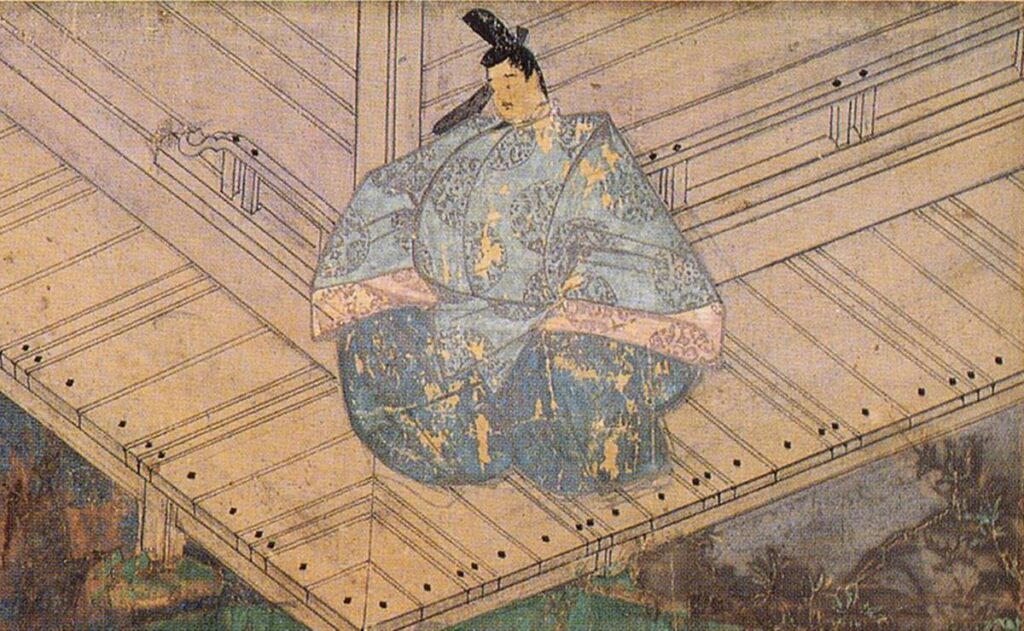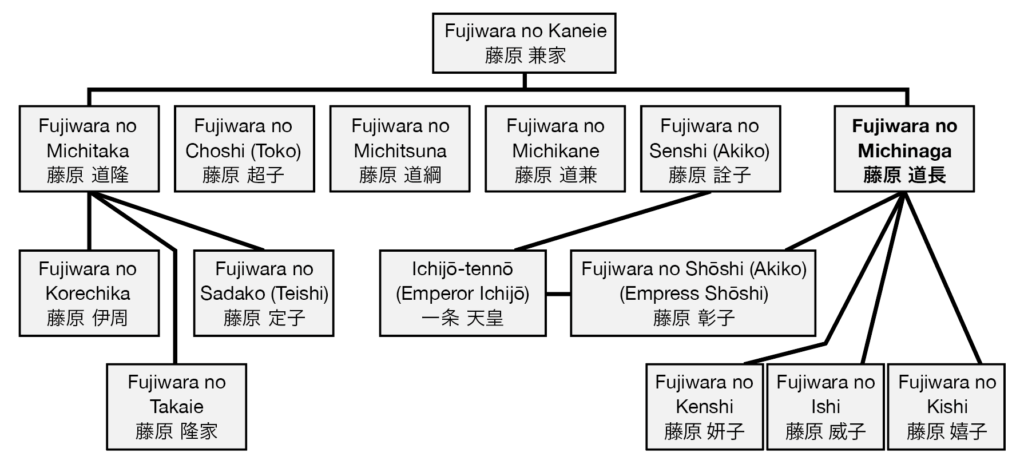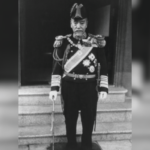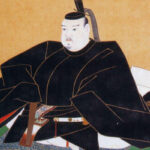

966-1028
藤原 道長 Fujiwara no Michinaga
The Most Successful Aristocrat in Japanese History
Fujiwara no Michinaga is an important figure that always appears in Japanese history textbooks. While he was a powerful man who held political power, he was also known as a man of culture who loved poetry and waka poems and passed on his valuable literary works to the modern age.
Unique Political Forms in the Heian Period
We will talk about Fujiwara no Michinaga, who gained enormous wealth during the heyday of the regal government. During the Heian period when he was alive, there were no samurai, the traditional warriors of Japan, and political power was held exclusively by the imperial court and powerful clans.
During this period, aristocrats conducted politics on behalf of the emperor. They arranged for their daughters to marry the emperor to intervene in politics as relatives.
Why Did Fujiwara no Michinaga Hold Such Immense Power? His Father Kaneie’s Assistance
Fujiwara no Michinaga was born as the fourth son of Fujiwara no Kaneie. His older brothers and sisters, in order from eldest to youngest, were Michitaka, Chosh, Michitsuna, Michikane, and Senshi. Senshi is the mother of Emperor Ichijo. This allowed Kaneie to seize power as a regent and force his children to rise through the ranks. The person who benefited the most from this was Michinaga, whom we will introduce in this article.
At that time, there was a level called “kanni,” and Michinaga’s older brothers were working hard to raise their levels. When their father suddenly took over the game management side, he said, “I’ll raise your level all at once,” and forcefully raised them up. In this way, it was the youngest son, Michinaga, who benefited the most. After the death of his father Kaneie in 990, it was his eldest son Michitaka, who became the next regent.
After his father was elevated to the rank of regent, Michitaka promoted his own son, Korechika, to the same position, and his daughter, Teishi, became Empress of Emperor Ichijo. Up to this point, it seems that the family line of the eldest son, Michitaka, would prosper, but as we can all guess the ending, it is Michinaga who will win the day.
Why Did Fujiwara no Michinaga Hold Such Immense Power? Failure of His Brother Michitaka’s Family
The reason why Michitaka’s family line did not prosper was because of Michitaka’s son, Korechika. He and Emperor Ichijo, the husband of his sister Teishi, did not get along. Emperor Ichijo must have found him troublesome because Korechika made too many outrageous demands because he wanted to be a regent.
In the end, the position of regent passed to Michikane, Michitaka’s younger brother, instead of Korechika. You may wonder what happened to Michitsuna (the second oldest son of Kaneie), but he was not smart enough to hold the position of a regent. Now, Michikane was finally able to become a regent. However, he was on the verge of death from an illness. However, he had been waiting for the position of regal advisor for a long time, and he went to greet Emperor Ichijo to accept the position, but he died seven days later.
This left only Korechika and Michinaga, but Korechika committed failure by himself. He had been attending the house of his lover, and Emperor Kazan, who had been ordained, began to do the same. Wanting to surprise his brother’s rival, Korechika’s younger brother, Takaie, shot an arrow at Emperor Kazan, who had come out of her house, and when it was discovered that this was the work of the Korechika brothers, they were both exiled to the islands. Thus, it was Michinaga who finally came to power.
Looking at it this way, we can see that Michinaga’s surroundings dismissed their opportunities on their own, and that Michinaga himself did nothing in particular, but seized real power through good fortune.
How He Became Even More Powerful
Michinaga’s good fortune did not stop there. His daughters became empresses of emperors and gave birth to boys. Michinaga made not only Shoshi but also his three daughters into the Empresses of the Emperors. The famous waka poem that Michinaga composed was sung at a party held to celebrate his daughter becoming the consort of the emperor.
Kono yo o ba / waga yo to zo omou mochizuki no / kaketaru koto mo / nashi to omoeba.
(This world, I think, Is indeed my world. / Like the full moon / I shine, / Uncovered by any cloud.)
Michinaga, who had finally succeeded in having three of his daughters become empresses, threw a party to celebrate. Michinaga compared the “full moon with no missing parts” to his own power and expressed, “I feel as if the world belongs to me.”
This waka poem was praised by the party attendees as being wonderful, and the banquet came to an end with all the attendees repeating the waka that Michinaga had composed.
His Final Days And Devotion to Buddhism
Michinaga had reached the pinnacle of his glory, the time had come for him to die. His illness worsened, and he turned to Buddhism for relief. It is said that he was afraid of the evil spirits of those he had kicked down in the struggle for power. He sought salvation after death in Buddhism. He lived in the Buddhist world for nearly a decade, ending his life in 1027 at the age of 62.
It is said that the cause of his death was a boil on his back. The cause of the boil is thought to be skin cancer, or an infection caused by diabetes mellitus. Diabetes used to be called “drinking water disease” because of the symptoms of thirst and drinking large amounts of water. The symptoms of weight loss, loss of strength, and blindness are also well-known. In Michinaga’s diary, symptoms such as thirst and blindness are also recorded, and it seems certain that he suffered from diabetes.
In a critical condition, Fujiwara no Michinaga moved his sickbed to the Amida Hall of Hojo-ji Temple. Hojo-ji Temple, where Michinaga passed away, was built by himself and is a large temple with a spacious complex. Even until his death and after dying, Michinaga who had reached the peak of his prosperity, sought the Pure Land of Ultimate Bliss.

.
.
.




